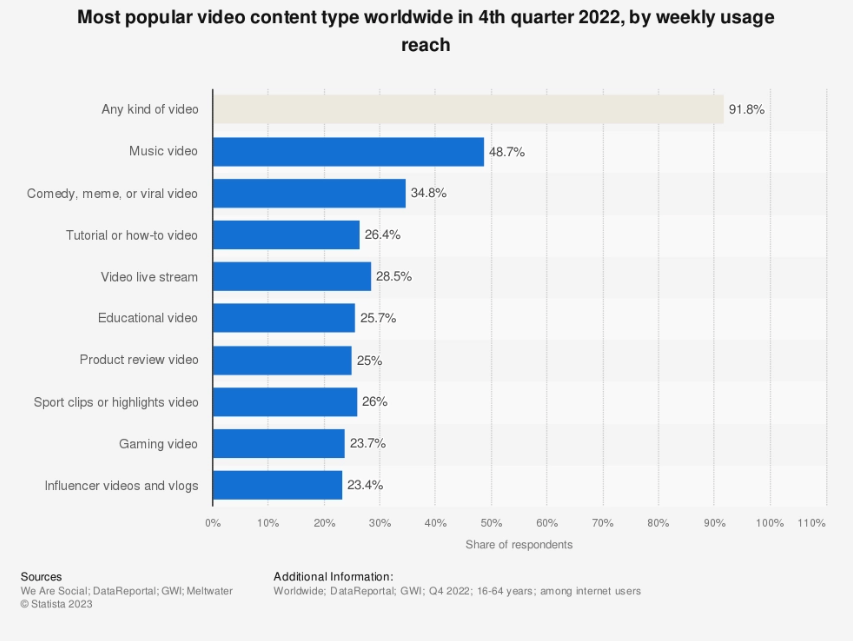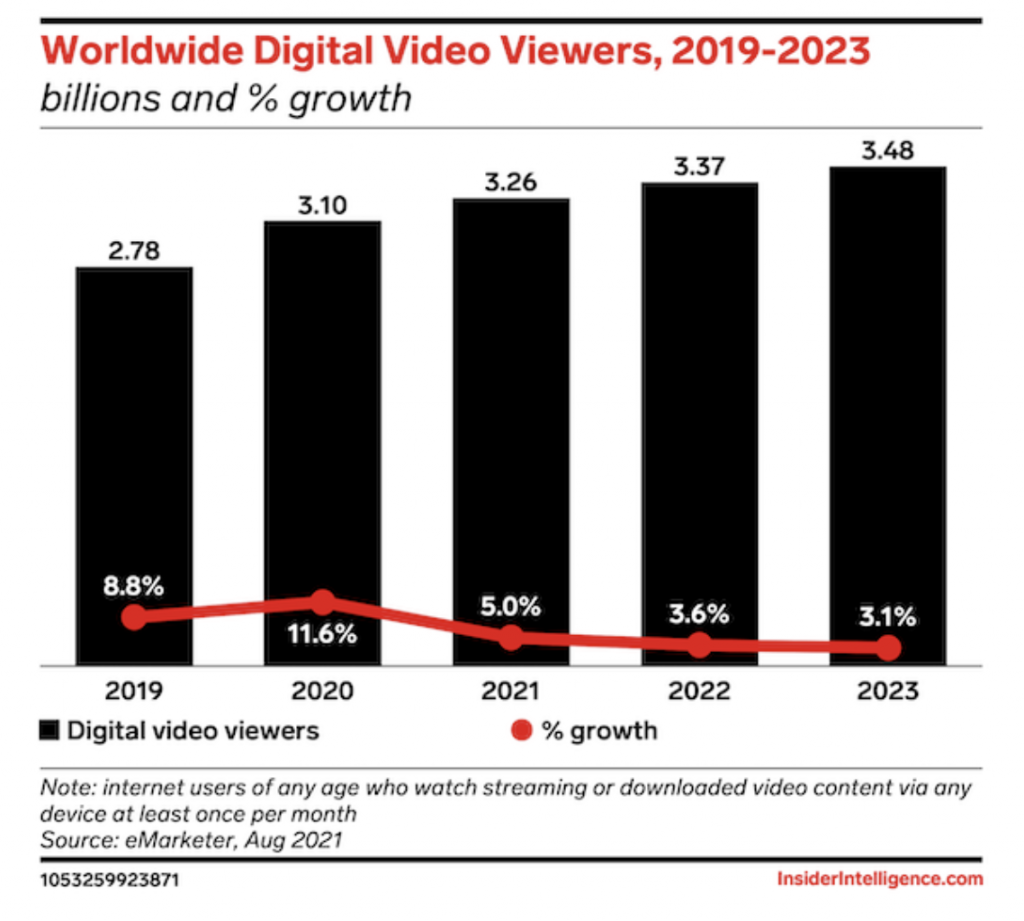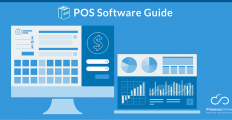Are you passionate about creating captivating visuals and storytelling? Do you want to turn that love for videos into a rewarding career? Becoming a video producer might be the perfect professional path for you.
In this comprehensive guide, you’ll discover the essential steps, qualifications, and skills needed to go from a beginner to a pro in the exciting world of video production. Whether you dream of producing films, commercials, or online content, this guide will set you on the right path toward success.

What Does a Video Producer Do?
Before diving into the steps to become a video producer, let’s first understand the role and responsibilities of this creative professional. A video producer is a visionary behind the scenes, overseeing every aspect of video production, from concept development to the final product.
Being a video producer comes with several advantages:
- It lets you bring creative ideas to life and tell compelling stories through video.
- It provides opportunities for constant learning and growth as you gain experience in various aspects of production.
- It offers the chance to collaborate with diverse, talented individuals and build a solid professional network.
- Being a video producer allows you to make a significant impact by entertaining, informing, and inspiring audiences through your work.
If you need another reason to start your journey as a video producer, look at how video content has become popular due to its ability to captivate and engage audiences, its accessibility on multiple platforms, and its effectiveness in conveying information and emotions.
According to Statista, the most popular video content types in 2022 were music videos, comedies and viral videos, and tutorial or how-to videos.

Image source: The Social Shepherd
Want to learn more about this exciting role? Here are the main activities you’ll handle as a video producer:
Pre-production
During this phase, a video producer collaborates with clients, writers, and directors to develop the concept and script, create a production timeline, and plan the budget.
The main activities of pre-production include:
- Arranging meetings with clients or investors
- Creating storyboards, conducting research, and writing scripts
- Recruiting a director, cast, crew, and necessary services
- Obtaining necessary locations and insurance
- Planning budget and schedule
- Signing a videography service contract with all team members
Production
The producer manages the entire production process, including coordinating the crew, arranging for equipment and locations, and ensuring everything runs smoothly on set. During the production stage, your tasks will be:
- Maintaining regular communication with department heads
- Assisting in resolving any problems that arise
- Reviewing daily footage and schedule to ensure progress is on track
Post-production
After capturing the footage, the producer works closely with the editing team to transform raw footage into a cohesive and compelling video. This involves selecting shots, adding special effects, sound design, and ensuring the final product aligns with the original vision. From editing apps to generative AI voice-over and jpg to text converter apps, a slew of tools is at your fingertips for a smooth post-prod workflow.
As a producer, your activities during post-production will include:
- Obtaining all required assets and resources
- Hiring an editor and post-production specialists
- Supervising the editing process and reviewing drafts
- Uploading final drafts and share them with clients
- Ensuring all contracts are paid and finalized
Project Management
Along with creative tasks, a video producer is responsible for budget management, scheduling, and ensuring the project is delivered on time and within the allotted resources. This means defining a good scope of work to achieve the best results at the end of the video production process.
Now that we clearly understand the role, let’s delve into the steps you can take to become a video producer.
Steps to Become a Video Producer
Once you’re ready to start your path as a video producer, these are the most common steps to follow:
1. Education and Training
Although formal education is only sometimes a requirement, having a solid foundation in video production will give you a competitive edge. Consider enrolling in a film or media production program at a university, trade school, or online course platform. This will provide technical knowledge, industry insights, and hands-on experience.
2. Learn the Tools of the Trade
Familiarize yourself with industry-standard video editing software like Adobe Premiere Pro, Final Cut Pro X, and DaVinci Resolve. Take the time to understand their features and capabilities, as proficiency in these tools is essential for any video producer.
Besides video editing software, production requires other things, such as:
- Cameras: The heart of video production is the camera and lens. The camera captures footage, and the lens determines the composition, focal length, and other critical capture factors. Some popular cameras for video production are Panasonic GH5, Sony A7S III, and Blackmagic Pocket Cinema Camera.
- Audio Editing Software: Audio quality is as important as video quality, and audio editing software, such as Pro Tools, Audacity, and Adobe Audition, is used to clean, edit, and mix audio tracks.
- Rendering and Encoding Software: Rendering and encoding software is necessary to export and format video files. Adobe Media Encoder, Handbrake, and MPEG Streamclip are popular rendering and encoding software.
- Motion Graphics and Animation Software: Adobe After Effects is an industry-standard motion graphics software that creates engaging visuals, enticing graphics, and special effects. Other software in this category includes Fusion, Cinema 4D, and Apple Motion.
- File Transfer Software: For team collaboration, file transfer software such as Dropbox, Google Drive, and WeTransfer ensures seamless sharing of large files across different locations.
- Audio Transcription Software: Accurate transcription of audio content is essential for a variety of purposes, from creating subtitles for videos to generating written records of interviews. Audio transcription software automates the process of converting spoken words into text, saving time and effort. One notable example of such software is Riverside.
Making the arrangements to prepare these tools before production is also a producer’s task.
3. Gain Practical Experience
To grow as a video producer, you need real-world experience. Start by creating your own short films, music videos, or documentaries. Offer to produce videos for friends, local businesses, or nonprofit organizations. This hands-on experience will help refine your skills and build a strong portfolio.
4. Network and Collaborate
Joining film and video production communities, attending industry events, and connecting with other creative professionals can open doors to opportunities. Collaboration with like-minded individuals can help you expand your knowledge, enhance your skills, and land paid projects.
5. Obtain Professional Certifications
Certifications can validate your skills and increase your credibility as a video producer. Consider pursuing certifications such as Video Production Professional, Certified Digital Video Producer, or industry-recognized qualifications.
6. Feedback and Continuous Learning
Embrace constructive criticism and seek feedback on your work. Learning is an ongoing process, so stay up-to-date with the latest video production techniques, trends, and technologies. Attend workshops, seminars, and online courses to refine your skills further.
Now that you’ve established yourself as a video producer, focusing on effectively growing your video production business is crucial.
How to Grow Your Video Production Business
Video production is on the rise, and utilizing video to market your business or while partnering with another brand is an effective way to increase your presence and acquire new clients.
According to data by Insider Intelligence, the number of people consuming, downloading, and streaming video in 2022 was at an all-time high of 3.37 billion people a year. This is expected to rise to 3.48 in 2023 and up to 3.65 by 2025.

Define Your Niche
Identify your unique strengths and passion within video production. Focusing on a specific niche, such as commercial advertising, wedding videos, or corporate training, will help you target your marketing efforts effectively.
Build a Strong Portfolio
Your portfolio showcases your best work and helps potential clients understand your style and capabilities. Continuously update your portfolio with your latest projects and ensure it reflects your growth and versatility as a video producer.
Market Yourself
Establish an online presence through your website, social media platforms, and industry-specific online communities on LinkedIn and Meta. Actively promote your work, engage with your audience, and leverage cold email and social media channels to expand your reach.
Network with Potential Clients
Attend trade shows, conferences, and industry events to meet potential clients and collaborators. Build rapport with other professionals to expand your network and gain referrals.
Offer Competitive Pricing and Package
Research competitor pricing and develop competitive pricing strategies. Consider offering package deals that provide added value to your clients without compromising your profitability.
These deals may include:
- Discounted package deal: Offer a discounted rate when clients bundle multiple video production services, such as scriptwriting, filming, editing, and post-production.
- Introductory offer for new clients: Provide a special discount or additional services for new clients who book their first video production project with your company.
- Referral program: Offer a referral incentive where existing clients who refer new clients receive a discount or bonus offer on their next video production project.
- Seasonal promotions: Introduce limited-time offers or discounts during certain seasons or holidays to encourage clients to book video production services during those periods.
- Bulk video production discount: Offer a discounted rate for clients who require multiple videos or an ongoing series, such as a vlog or weekly content, creating a long-term partnership with them.
Deliver Exceptional Customer Service
Reputation and word-of-mouth are essential in the video production industry. Ensure you deliver high-quality videos and excellent customer service throughout the production process. Client satisfaction will lead to repeat business and referrals.
To get feedback from your clients, you should:
- Schedule regular meetings with them.
- Use online collaboration tools to share and gather feedback on project progress.
- Present work-in-progress for client review.
- Provide clear guidelines for the type of feedback you are seeking.
- Actively listen to client concerns and address them promptly.
- Implement a feedback loop to ensure ongoing communication and adjustments throughout the project.
With these steps in mind, you are on your way to becoming a professional video producer and growing your video production business.
Wrapping Up
Remember, success in the video production industry requires passion, continuous learning, perseverance, and a commitment to honing your craft. So, take the leap, embrace the challenges, and let your creativity shine.
Good luck on your journey towards becoming a video production pro.






















Leave a comment!